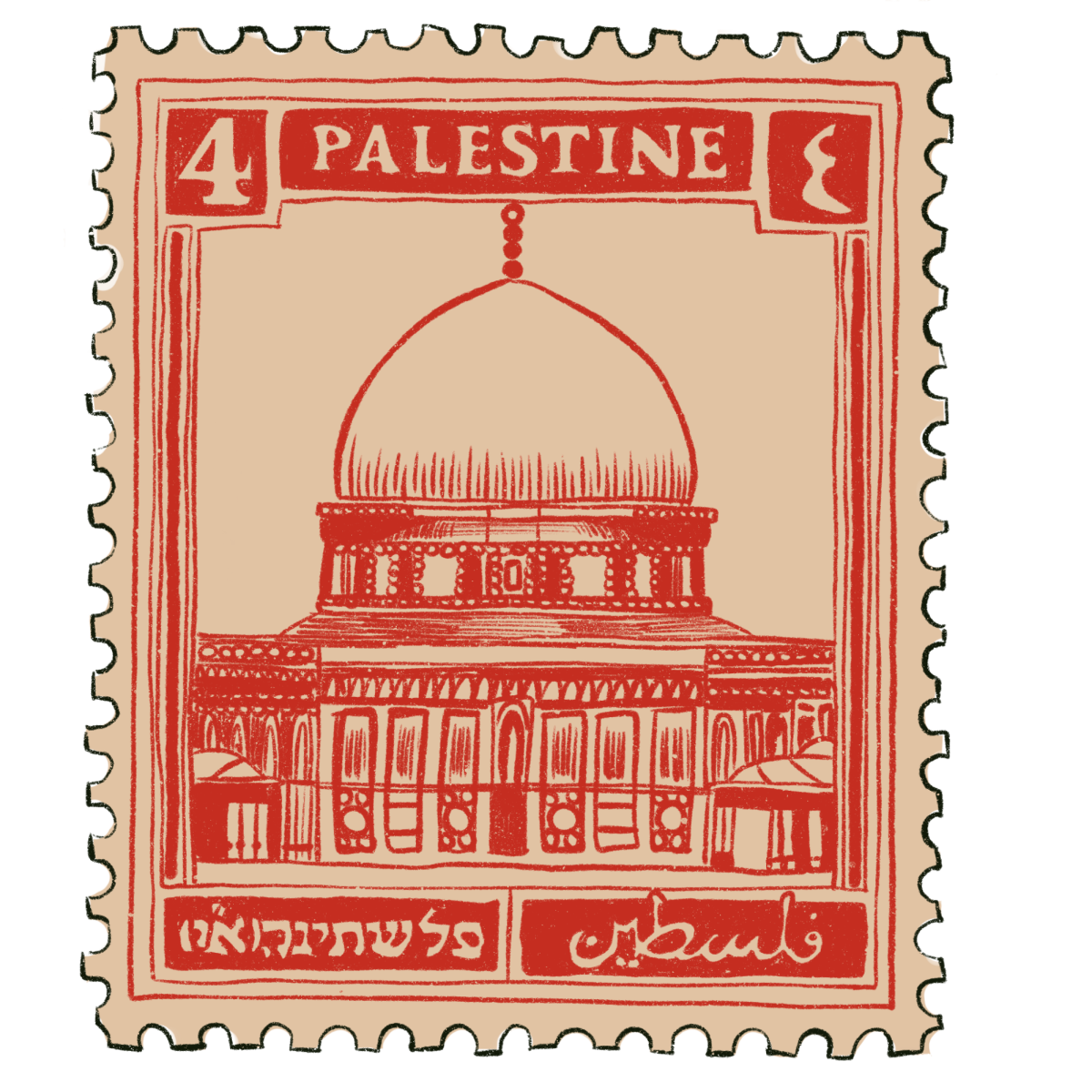When junior Hamzah Punjsheri first heard about the actions of Palestinians against the occupying state of Israel on Oct. 7, he felt mixed feelings of sorrow and helplessness but also hope by seeing Palestinians work toward freedom after 75 years of occupation.
“I feel like Palestine needs its freedom. They need help. I was happy that ‘Okay, something is happening,’” Punjsheri said. “It was saddening to see people dying on all sides.”
With the events of Oct. 7, SCHS students and staff feel a range of emotions, ranging from hope to regret and strength, due to the loss of life as well as the efforts to end the occupation.
Due to the history of apartheid in Palestine, Punjsheri wants the world to finally see Palestine fighting back for their rights. He realizes the heavy repercussions that are impacting the oppressed, but in a way, Punjsheri was able to feel a sense of hope and resilience. By seeing communities coming together, he realizes the impact of people fighting for their rights.
“Resilience to me, from personal experiences and just things I’ve seen, is not backing down, not giving up, and no matter what someone or something might do to you, what they might tell you,” Punjsheri said. “That’s what resilience means, fighting back.”
Sophomore Elma Hidic, who has a Bosnian background, realized the amount of biases and misinformation that can impact one’s perception of the tragic events by witnessing other people face challenges. When Hidic learned about her past generations’ experiencing a genocide, it took a bigger affect on her overwhelming emotions.
“It’s upsetting to me because I know that some people still don’t understand exactly what’s going on, but they still intend to deny what’s going on, like the genocide and prejudice that people are experiencing,” Hidic said.
For many students, social media is their main source of information, which may include misconceptions about current events. Community Health Outreach Coordinator Worker Jhoanna Arias-Hernandez advised individuals to use first-hand accounts for credibility. She finds that a lot of the social media content is informative yet difficult to digest.
“What helps me cope at least is that – obviously we need to see change and it is a collective effort – but as an individual, it’s knowing when to step back and take a break,” Arias-Hernandez said.
While significant international support and recognition for the Palestinian struggle has recently begun, students like senior Lauren Taffe want others to know that the occupation has been going on for 75 years. Taffe is Palestinian and has known about the issue because of conversations he has had with his mother about his grandmother.
Taffe’s grandmother had to flee from Palestine due to the occupation, which inspired him to look further into what was going on in the area. Now that the world is looking more closely at the situation, Taffe feels like he is able to have more conversations with people.
“Now (I’m) being able to have these discussions, and it’s like, ‘Yes, you guys are beginning to understand what I’ve been understanding for all these years,’” Taffe said.
Taffe’s Palestinian background has also helped him sympathize with the abuse Palestinains are facing. Even though none of his family lives there anymore, Taffe feels a connection with Palestine.
“We’re all kind of hurting in the same way,” Taffe said. “Palestinian hate isn’t just for the people in Palestine. I’m affected by that, too.”
Punjsheri, who is Muslim and Middle Eastern, also feels a connection to the people in Palestine. He is remorseful toward the catastrophes the world has let happen to the people living in Gaza.
“The world is with you (Palestine). Your fellow Muslim brothers and sisters are trying, trying our best to do what we can, but the governments of the world are not,” Punjsheri said, “I feel bad. We let you down. I feel like we could have done more. And we are with you in our hearts and prayers. It’s just the world needs to wake up.”
Hidic wants for the Palestinian people to see how their courage and determination has paid off throughout the decades of oppression and how future generations are able to stay hopeful and determined in the situation.
“Viewing Palestinian people, they are very strong people and they have resilience,” Hidic said. “They stay together as a community, and I really admire that because I feel as though it helps them work towards gaining rights and freedom they deserve.”


